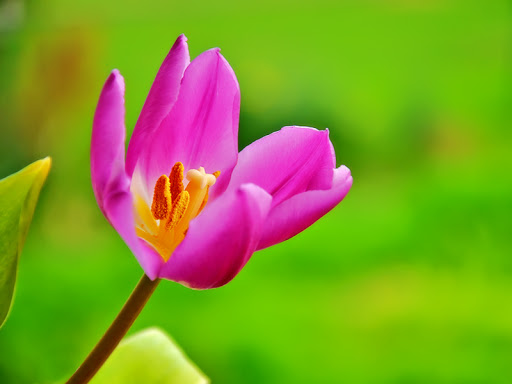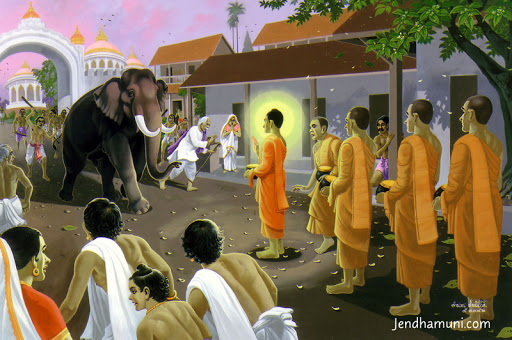How to Stop Crying when You Are Very Upset

Steps
1. Take deep breaths. Breathe in through your nose, out through your mouth, and extend your diaphragm as you do so. Although this may be painful if you’ve been crying for prolonged periods of time, the purpose is to relax. Continue even if your breathing is shaky.
2. Tense and relax your body. Once your breathing is fairly normal, try to find where the tension is in your body. Tense up the muscles in this area, hold for the count of five, and relax. Breathe and make a conscious effort to these and other tense areas, such as your shoulders and stomach.
3. Lay down in a position that is comfortable to you in your bed. Turn off the big lights, and turn on the soft nightlights or other small lamps.
4. Turn on some quiet music. Lose yourself in it. Turn this on quietly in the background. Talk to yourself in your head. Say stuff like (Everything is going to be ok) ,( It’s over) or (she is going to be ok).
5. Realize that life has its ups and downs. Crying isn’t a bad thing and that crying isn’t a bad thing to do, but that after a while, crying can actually hurt your body, so it’s important to try to relax.
6. Comfort yourself with the thought that eventually, all this will be a memory, and it won’t be as painful for you to think of, so try not to think about it.
7. Don’t be afraid to cry with a friend or family member. They have probably gone through what you have just experienced.
8. Take a break. If you cannot see the bright side to things, just lie down and go to sleep. You will feel so much better afterwards.
9. Go for a walk with a friend and talk about something that will make you laugh and remember to breathe.
10. Think of happy things. Avoid dwelling on what made you upset. Remember to focus on other things that make you happy. Continue reading















